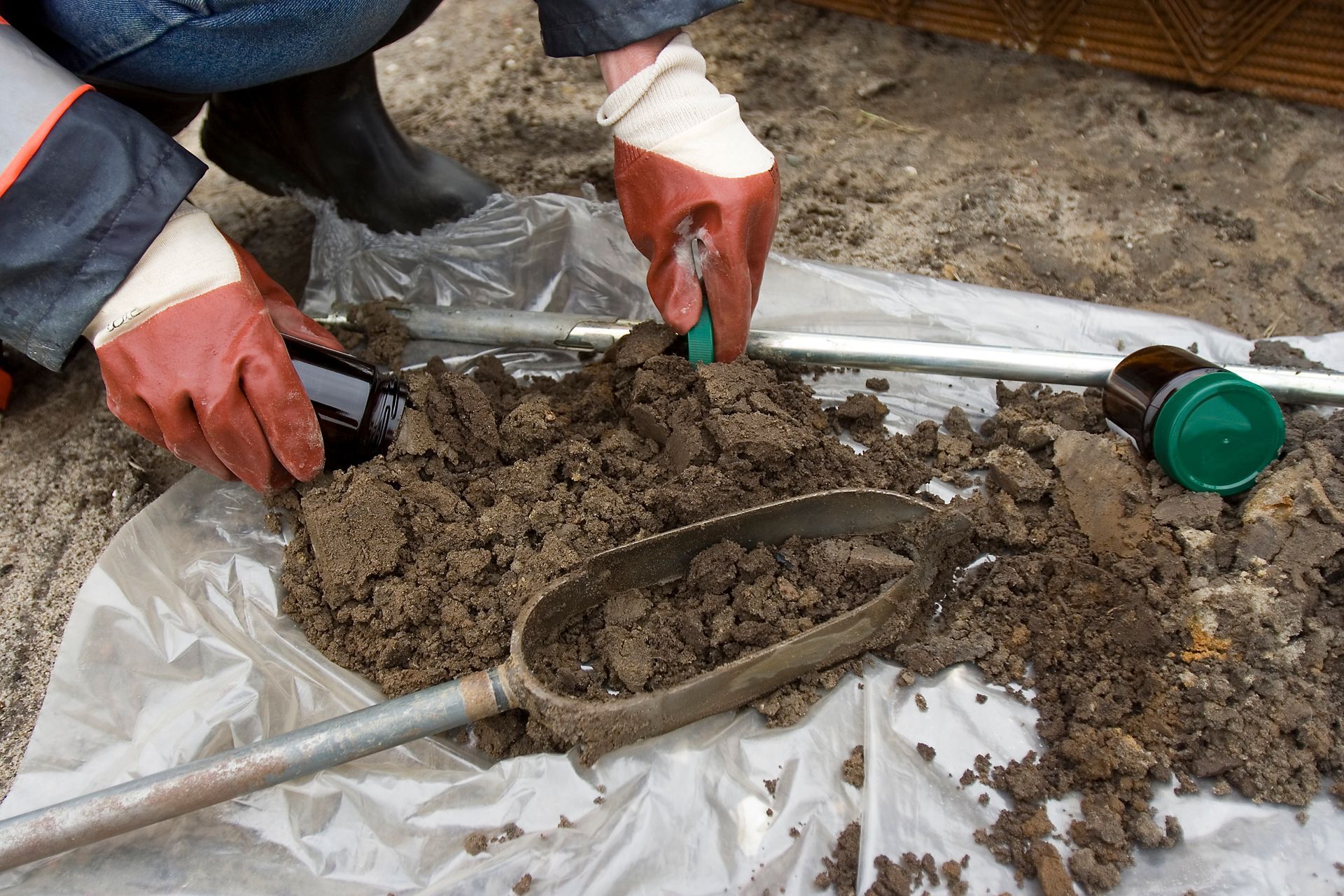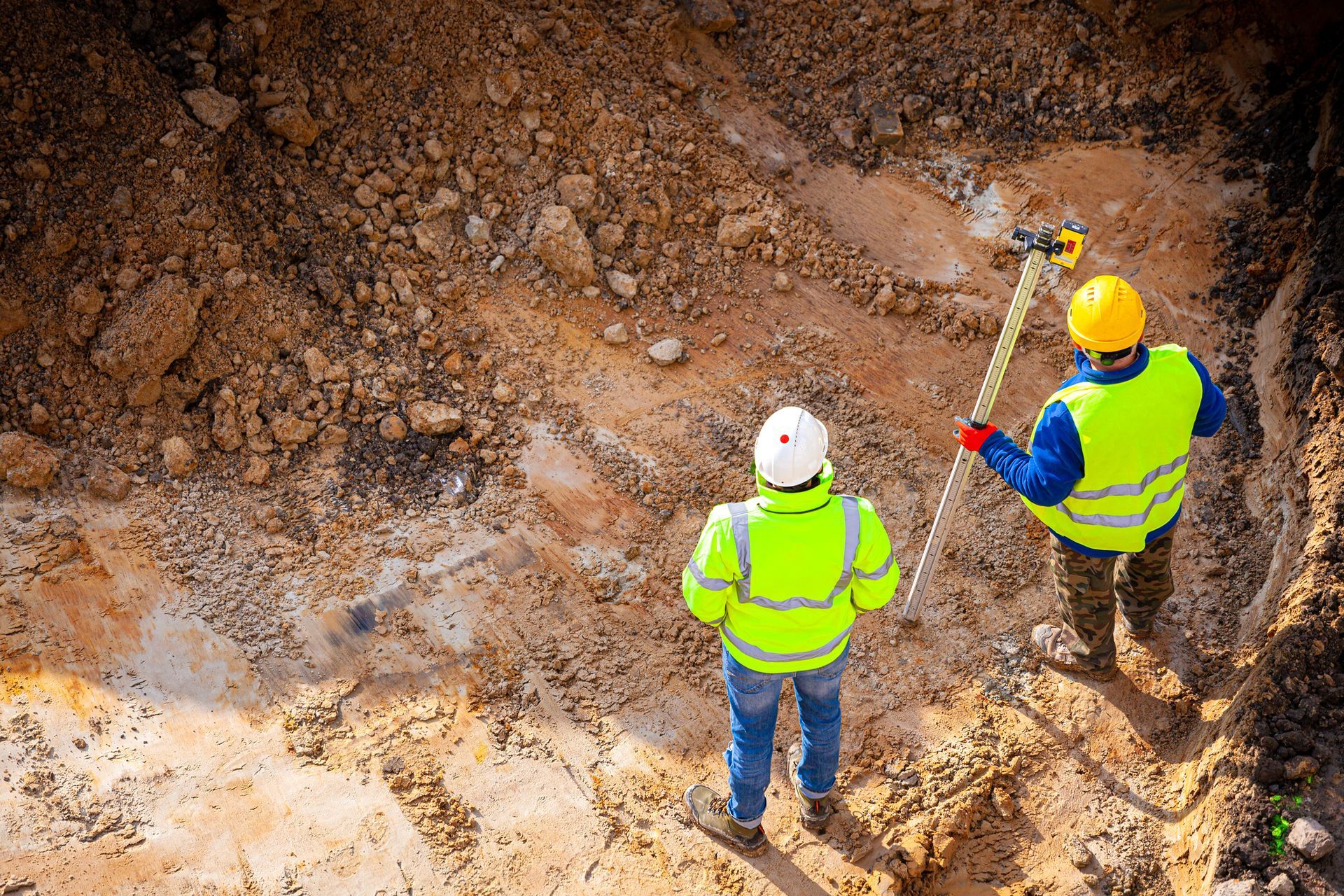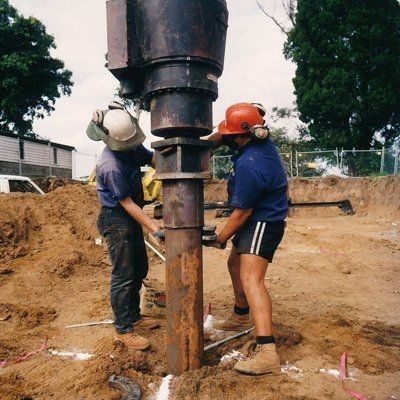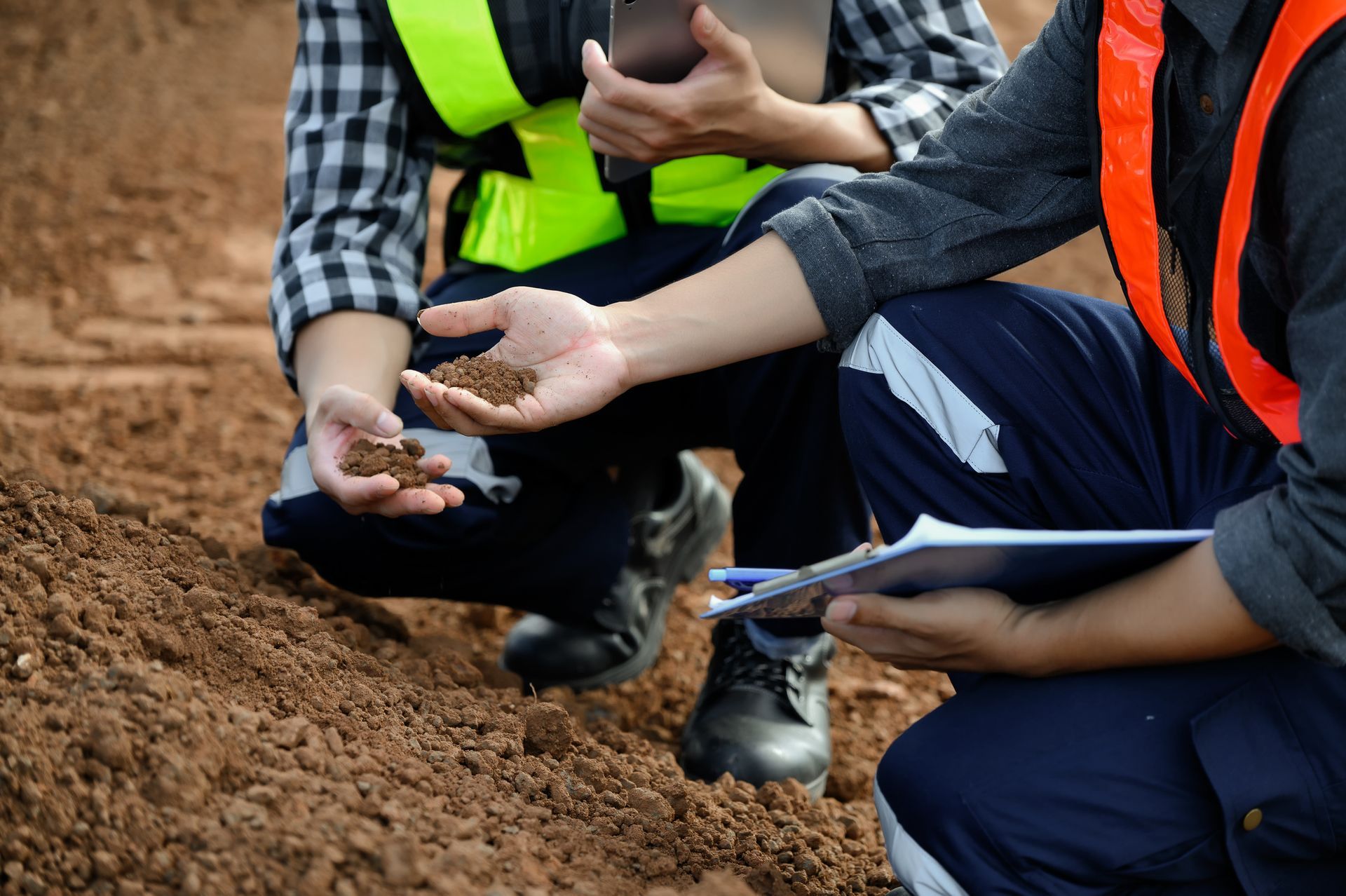Soil Testing in South East Queensland: Protect Your Build & Budget
When you’re investing in property development or building a new home, the ground beneath your feet matters just as much as the structure you plan to build. At East Coast Group, serving in South East Queensland, we know that skipping or skimping on soil testing can lead to significant, costly surprises down the track. Whether you're planning a multi-dwelling development or a family home, understanding your soil’s engineering properties is essential. It’s not just about ticking boxes for council—it's about securing your investment from the ground up.
Why Soil Testing is Critical Before You Build
Soil testing on the Sunshine Coast plays a fundamental role in the early planning stages of any construction project. It's the first line of defence against structural risks caused by reactive soils, high groundwater tables, or unstable subsurface layers. Unlike agricultural testing that focuses on nutrients, engineering-based soil testing evaluates whether your site is suitable for safe, cost-effective construction.
When soil conditions are unknown, builders risk underestimating foundation costs or over-designing unnecessarily. That’s why our team at East Coast Group conducts soil assessments that provide clear guidance tailored to your site’s unique characteristics. Armed with accurate data, your structural engineer can design footings and slabs that meet both site conditions and Australian standards.
Common Soil Challenges on the Sunshine Coast
The Sunshine Coast features a wide variety of soil types—each with unique challenges for construction. Some of the most common issues we uncover through soil testing include:
- Reactive Clay Soils: These soils expand and contract with moisture changes, which can lead to slab movement or cracking if not managed correctly.
- Sandy Soils: While easier to excavate, sandy sites can struggle with bearing capacity, requiring additional footing depth or stabilisation methods.
- High Groundwater Levels: Excess water in the soil can affect stability, necessitate drainage solutions, and influence foundation design.
- Fill Material: Sites with uncontrolled fill often require compaction testing and detailed analysis to ensure long-term performance.
Each of these soil behaviours can significantly impact the building's structural design and cost. Identifying them early allows developers and builders to make informed decisions, avoiding redesigns or remedial works mid-project.
The Cost of Skipping Proper Soil Assessment
Real-world examples highlight how poor or incomplete soil testing can derail a project. One South East Queensland developer recently approached us after experiencing unexpected footing blowouts. The original geotechnical report they used was generic and failed to identify deep reactive clay layers. Midway through construction, their engineer had to redesign the foundation system—adding significant delays and tens of thousands of dollars in unplanned costs.
Another case involved a residential builder who didn't account for high groundwater. Without proper testing, the slab was laid during dry conditions. Months later, rising water tables caused soil heaving, leading to visible cracks in internal walls. In both situations, early, comprehensive
soil testing could have prevented these costly issues.

How Soil Testing Supports Council Approvals and Structural Design
At East Coast Group, our soil testing services are designed with practical outcomes in mind. We don’t just test; we deliver actionable reports tailored for council submission and structural engineering. Our reports include site classification in accordance with AS 2870 (Residential Slabs and Footings), borehole logs, moisture conditions, and foundation recommendations—everything your team needs to proceed with confidence.
We’re experienced in working with structural engineers, architects, and builders across the in South East Queensland. Our detailed assessments allow for efficient project planning, compliance with council regulations, and a smoother build process.
Why Work with East Coast Group?
With decades of combined geotechnical experience, our team offers the expertise and reliability needed for soil testing in all types of construction projects—from small-scale residential builds to large commercial developments. We’re fully equipped with in-house drilling rigs and laboratory services, which means we control the quality and turnaround of every report.
What sets us apart is our commitment to engineering integrity. Our assessments aren’t templated or vague. They’re specific, accurate, and based on rigorous testing methods. When developers and builders choose East Coast Group, they’re partnering with a team that understands local soil behaviour and the construction risks unique to this region.
Soil Testing Isn’t Just a Step—It’s a Safeguard
Many developers still view soil testing as a bureaucratic hurdle rather than a safeguard. But the reality is that your soil conditions influence almost every downstream decision in the building process. A few millimetres of soil movement can make the difference between a strong, compliant foundation and costly structural damage years later.
Soil testing on the Sunshine Coast provides clarity in an uncertain environment. It helps protect your budget, avoid engineering redesigns, and ensure that your building complies with Australian standards from the outset. It’s an investment in long-term stability, not just a line item on a checklist.
Partner With Us for Reliable Soil Testing in South East Queensland
Whether you’re preparing for a new build, subdivision, or development project, start with the facts. East Coast Group offers reliable, engineering-based soil testing across the in South East Queensland to help protect your project from avoidable surprises. Call us on 07 3713 4900 or visit our contact page to book your site assessment and take the first step towards building with confidence.



